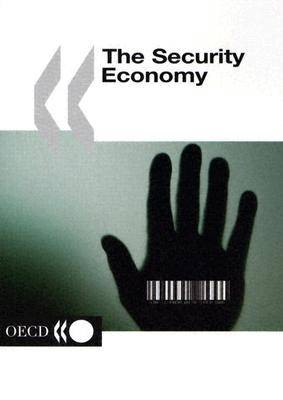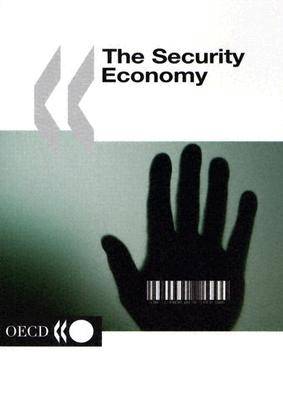
- Retrait gratuit dans votre magasin Club
- 7.000.000 titres dans notre catalogue
- Payer en toute sécurité
- Toujours un magasin près de chez vous
- Retrait gratuit dans votre magasin Club
- 7.000.000 titres dans notre catalogue
- Payer en toute sécurité
- Toujours un magasin près de chez vous
Description
In recent years security has taken a prominent place on the political and corporate agendas. Organized crime, terrorism, disruption of global supply chains, and computer viruses have raised people's awareness of the risks they face in today's world. The result has been the emergence of a $100 billion market for security goods and services, fed by growing demand from governments, businesses, and private households alike. With globalization and technological progress continuing apace, the security economy is expected to expand further in the years ahead. New identification and surveillance technologies, such as biometrics and radio frequency ID, are emerging, and satellite-based monitoring is set to play an ever greater role. How large are the potential economic costs of major disruptions to transport systems and information networks? What is the overall cost of tighter security? Are there trade-offs between tighter security and economic efficiency? What are the future implications for society of the growth of surveillance in terms of its impact on privacy and other democratic liberties? This volume tackles these and many other questions critical to the security economy of the twenty-first century.
Spécifications
Parties prenantes
- Auteur(s) :
- Editeur:
Contenu
- Nombre de pages :
- 154
- Langue:
- Anglais
- Collection :
Caractéristiques
- EAN:
- 9789264107724
- Date de parution :
- 05-11-04
- Format:
- Livre broché
- Format numérique:
- Trade paperback (VS)
- Dimensions :
- 152 mm x 229 mm
- Poids :
- 14 g







